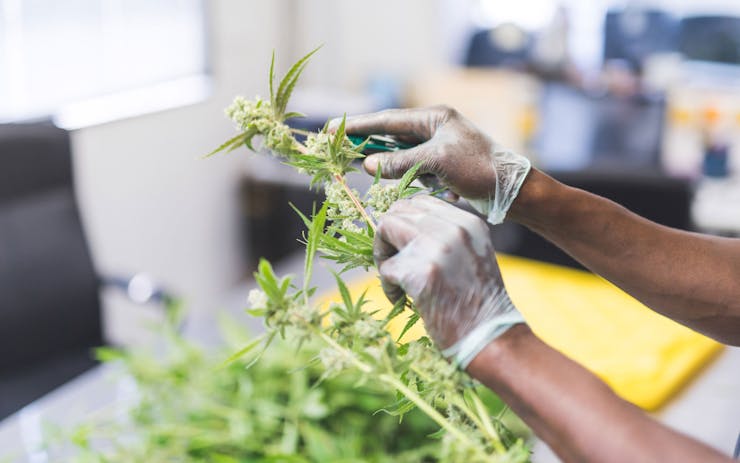BC’s Ministry of Social Development and Poverty Reduction announced it will offer $675,000 over two years through the Cannabis Business Transition Initiative, a program aimed at bringing legacy growers of the Central Kootenay region into the legal cannabis economy.
The money is a fraction of a $15 million provincial employment fund, but the organization says it should be enough to help four growers a month develop their businesses and become licensed, beginning in January.
According to Andrea Wilkey, executive director of Community Futures Central Kootenay (which administers the Cannabis Business Transition Initiative), the goal of the program is to help smooth the difficult process of entering the legal market, which critics claim is geared toward major companies rather than individual growers.”
“It’s a heavily regulated industry,” Wilkey told the Nelson Star.
“There’s all sorts of hurdles and we know we have a lot of knowledge in our region in terms of the sector. However there’s also a lack of traditional business skills, so that’s where Community Futures can really help is building on the entrepreneur’s knowledge but providing them with more traditional business resources.”
BC public safety minister and solicitor general Mike Farnworth stressed the initiative was aimed at growers who were not connected to organized crime, though a random sample of 500 cannabis-production cases being prosecuted by the federal Department of Justice in 2011 found only 5% had any organized crime connection.
Advocates for craft growing in BC say the province is doing nowhere near enough to support the industry that made legalization possible.
According to provincial estimates, the Central Kootenay region alone is home to 2,500 unlicensed growers, far more than the four-growers-per-month potentially served by the new initiative.
In a press release announcing an “Operational Compliance 101 for Cannabis Producers” workshop, the initiative’s manager Paul Kelly said, “We understand the economic importance of the industry and its employment implications for the region.”
Many believe despite the obstacles to licensing, there’s money to be made from going legit.
Last June, craft accelerator Grow Tech Labs predicted that if only 15% of BC’s 6,000 legacy growers joined the legal market, that could drive $3 million in legal sales within two years.





